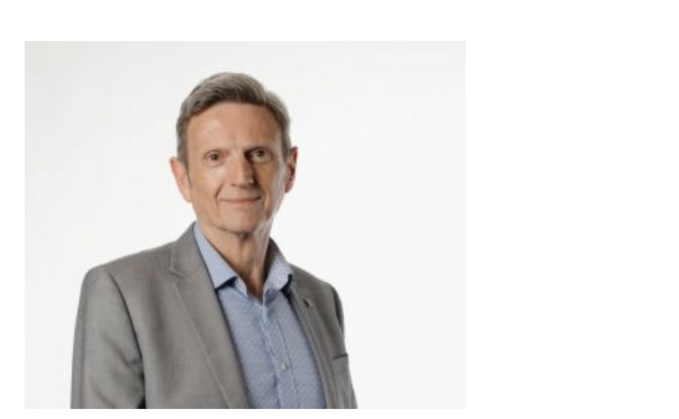
With the Consumer Duty regulation now in place, standards for customer outcomes are about to be raised. The key to consistently achieving them? A robust process.
For many successful advisers, a tried and tested process is one of the best-kept secrets for achieving good customer outcomes time and again.
When we spoke to advisers as part of The Secrets of Protection Success research, we found that processes formed the backbone of their advice and plays a major factor in their success. With around 20% of advisers telling us they're keen to focus on the value of protection, a robust process will be even more critical when it comes to satisfying your Consumer Duty obligations1.
The three stages
We found that many advisers split their process into three key steps. This helps keeps the conversation natural, habitual, and gets to the heart of the client's needs.
1. Get to know the client's life and financial goals
Advisers told us that understanding the client's whole picture is the key starting point. By listening with genuine care and attention, advisers establish their client's goals, find out more about their family and their specific circumstances and needs.
2. Find the gaps
Next, advisers get into the granular detail of their client's life by posing ‘What if? Then what?' questions. This helps the adviser and the client see what's important. It also sets the groundwork for helping clients see what their life could be like via a ‘sliding doors' moment. This highlights the value of safeguards if the worst should happen. Advisers also ask clients to think about what financial fallbacks they have and how long they could access them to pay for the things that are most important to them.
3. Build a framework
Finally, advisers build a solution that's framed around the needs they've discovered with the client. If the client can't afford the ideal option, the adviser works with them to pare it back whilst giving them the most benefits within their priorities and means.
The proof is in the process
Establishing a process ensures that protection gets sufficient airtime during your client conversations. Without it, advisers admit it's easy to fall out of the habit of introducing protection to clients because of time, workload, priorities or confidence.
Having a process is about to become even more crucial for helping you set higher standards for your advice, and ensuring you consistently meet the Consumer Duty's cross-cutting rules.
We know that having conversations around protection can be tricky and challenging, learning from others and sharing best practice can really turn the dial and change customer perspectives and we're here to help you.
Our report shares the tools and resources advisers need to have to facilitate great conversations that lead to better customer outcomes. Developed from the insights shared it compiles key techniques that intermediaries can start using today.
Visit the research hub to download the report and browse our expert toolkits and resources.







